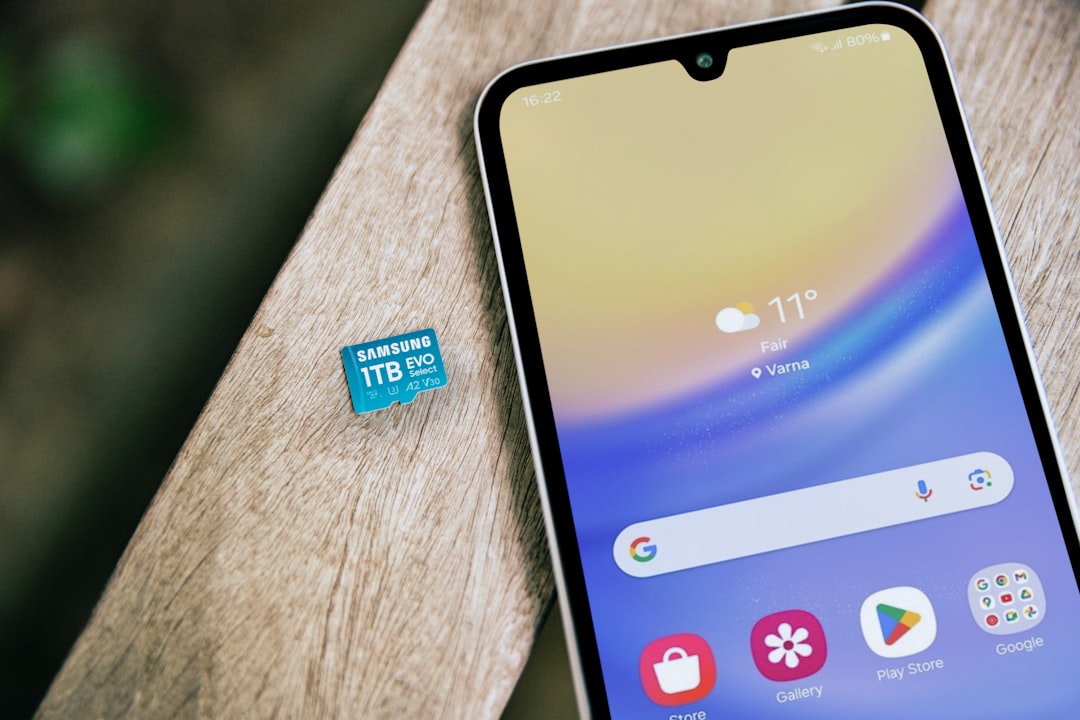Robocalls, automated phone calls with pre-recorded messages, are a growing nuisance in North Carolina, often used by scammers to trick recipients into sharing sensitive info or falling for scams. The Telemarketing Consumer Protection Act (TCPA) protects residents from unwanted calls and provides legal recourse against violators. Victims can consult a lawyer for TCPA NC to block calls, seek damages, and protect their rights under the TCPA. Using blocking apps and enrolling in the National Do Not Call Registry offers additional protection.
In today’s digital age, robocalls have become a ubiquitous yet often unwanted part of daily life. For consumers in North Carolina, these automated phone calls pose significant risks, from identity theft and fraud to invasion of privacy. Understanding the Telemarketing Consumer Protection Act (TCPA) is crucial for navigating this landscape. This article delves into the common scams targeting NC residents, explores legal recourse through a lawyer for TCPA NC, and provides tips to protect yourself from these relentless calls.
What Are Robocalls and How Do They Impact Consumers?

Robocalls, short for robotic calls, are automated phone calls that deliver pre-recorded messages to multiple recipients simultaneously. Often used for marketing purposes, these calls have become a significant nuisance for many consumers in North Carolina and across the country. While some companies use them as a legitimate business strategy, robocalls can have detrimental effects on individual consumers.
The impact is twofold: first, they disrupt personal time and privacy, causing annoyance and frustration when consumers are bombarded with unwanted calls. Second, and more concerning, robocalls can be a vehicle for fraud and identity theft. Scammers use automated systems to make high-volume phone calls, tricking recipients into revealing personal information or falling for fraudulent schemes. A consumer in North Carolina who becomes a victim of such scams may require legal assistance from an experienced TCPA lawyer to protect their rights and seek compensation.
The Telemarketing Consumer Protection Act (TCPA) Explained

In North Carolina, the Telemarketing Consumer Protection Act (TCPA) is a state law designed to protect consumers from unwanted telemarketing calls and text messages. This act places restrictions on companies engaged in telemarketing activities, ensuring that residents’ privacy is respected. If a consumer feels they’ve received a robocall or automated message in violation of the TCPA, they have legal recourse. A lawyer specializing in TCPA cases in North Carolina can guide consumers through their rights and options, helping them pursue compensation for any harm or inconvenience caused by unauthorized calls.
The TCPA empowers consumers to take action against companies that misuse telemarketing tactics. This includes blocking future calls, seeking damages for each violation, and even putting a permanent end to an incessant caller’s activities. By understanding their rights under this act, North Carolina residents can stand up against intrusive robocalls and protect themselves from potential financial or emotional harm.
Common Types of Robocall Scams Targeting North Carolinians

In recent years, North Carolinians have seen a surge in robocall scams targeting consumers. These automated calls often claim to offer special deals, prize winnings, or even threaten legal action unless the recipient provides personal information or pays an upfront fee. Common types of robocall scams include those posing as government agencies, financial institutions, or even local businesses offering low-interest loans or free trials.
Scammers may use sophisticated technology to mimic local area codes, making these calls appear legitimate. They often prey on the unsuspecting by creating a sense of urgency, demanding immediate action, or threatening consequences. If you receive such a call, it’s crucial to remain calm and hang up immediately. For legal protection against TCPA (Telephone Consumer Protection Act) violations, consider consulting a lawyer specializing in NC consumer law.
Legal Recourse for Victims: A Guide to TCPA Lawsuit Process

If you’ve been a victim of robocalls in North Carolina, know that there’s legal recourse available under the Telephone Consumer Protection Act (TCPA). This federal law protects consumers from unwanted telephone solicitations and provides significant penalties for violators. If you believe your rights have been violated, consulting with a lawyer specializing in TCPA cases is a crucial step.
In NC, a lawyer experienced in TCPA lawsuits can guide you through the process of filing a claim against the offending company or individual. The lawsuit process typically involves gathering evidence, such as call records and recordings, to demonstrate the violation. Once filed, the case may be resolved through settlement negotiations or, if necessary, taken to court. Victims can seek damages for each unauthorized call received, with amounts varying based on whether the calls were willful or not.
Protecting Yourself: Tips to Avoid and Block Robocalls

Protecting yourself from robocalls is an important step in maintaining your peace of mind, especially as these automated calls can be a common nuisance. Here are some practical tips to help avoid and block these unwanted intrusions:
1. Use Robocall Blocking Apps: There are numerous applications available that specialize in blocking robocalls. These apps use sophisticated technology to identify and block automated phone calls, offering a simple solution for consumers. Many such apps also provide features like call screening and identity protection.
2. Register on Do Not Call Lists: Enrolling in the National Do Not Call Registry is a powerful tool against robocallers. It’s a free service that allows you to opt-out of telemarketing calls. However, remember that it might not stop all robocalls as some callers intentionally avoid these lists. For added protection, consider consulting a TCPA lawyer in North Carolina who can guide you on blocking and suing for violations. They can offer tailored advice based on the Telephone Consumer Protection Act (TCPA) to ensure your rights are protected.






